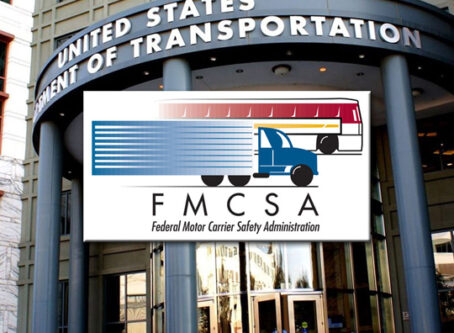Wilsonart scores final victory in high-profile crash lawsuit
After several years of litigation, including the Florida Supreme Court changing the rules for summary judgment in the state, the lawsuit against trucking company Wilsonart and one of its drivers is coming to an end.
According to Ninth Judicial Circuit court records in Osceola, Fla., Miguel Lopez is requesting a voluntary dismissal against Wilsonart and Samuel Rosario. Lopez filed a lawsuit against Wilsonart after a truck driven by Rosario crashed into a vehicle driven by Jon Lopez, who was killed in the crash.
Miguel Lopez filed the notice shortly after the first day of trial. The judge granted Wilsonart’s motion that limited the recoverable damages to a fraction of what was initially sought by Lopez. An attorney representing Wilsonart told Land Line that the court should formally close the case soon.
The case comes to an end five years after a fatal crash involving Rosario and Jon Lopez. What started out as a typical crash lawsuit turned into a four-year legal battle that caught the attention of the Florida Supreme Court and the legal industry in general.
Rosario’s dashcam helped absolve him of any blame for a fatal crash. Wilsonart did not require dashcams. Instead, Rosario installed his own.
Wilsonart case questions summary judgment standards
Based on the account of one eyewitness, an expert provided by the plaintiffs concluded that Rosario caused the crash by suddenly changing lanes. However, Rosario’s dashcam showed he remained within his lane during the crash. That video sparked controversy, ending in a change of rules.
Lopez filed the lawsuit in January 2018. With the dashcam video supporting Rosario’s account of events, Wilsonart filed a motion for summary judgment. That motion was granted by the trial court. However, an appellate court reversed the decision.
According to the opinion, Florida had a more restrictive standard for summary judgment. More specifically, a court cannot decide the credibility of a witness or consider the weight of conflicting evidence. Regardless of how convincing the video evidence can be, it is up to a jury, not a judge, to determine how much weight it holds when determining who is at fault in this case.
That decision led to a high-profile case to the Florida Supreme Court questioning the state’s summary judgment standards. In the opinion, the appellate court submitted a certified question to the Florida Supreme Court. The appellate court concluded that technological advances have increased “the likelihood of video and digital evidence being more frequently used in both trial and pretrial proceeding.”
On Dec. 31, 2020, The Florida Supreme Court signed off on an amendment to Florida Rule of Civil Procedure 1.510, which deals with summary judgment standards. In its amendment, the Supreme Court adopted standards consistent with a federal standard as a supermajority of states already have.
The high court did not grant Wilsonart’s attempt to overturn the appellate court’s reversal of summary judgment. However, the Florida Supreme Court did let Wilsonart know that it can file another motion for summary judgment under the new standards. Attorneys for Wilsonart did exactly that.
With new standards, use of video evidence such as dashcams is more likely to result in summary judgment in Florida. Despite everything that occurred up to this point, Wilsonart was denied that opportunity.
In September, Wilsonart filed a new motion for summary judgment with new standards in place. However, the trial court denied that motion, forcing the parties to go to trial.
The jury trial began on Nov. 15, with Lopez’s notice of voluntary dismissal with prejudice filed on Dec. 30. A dismissal with prejudice means the plaintiff cannot refile the same claim, effectively ending the debate. LL









